Curso
O aprendizado profundo é um dos assuntos mais quentes da ciência de dados hoje em dia. Uma área do machine learning, o aprendizado profundo foca em algoritmos poderosos inspirados na estrutura e função do cérebro humano, chamados redes neurais.
A maioria dos avanços na inteligência artificial nos últimos anos veio do aprendizado profundo. As redes neurais estão por trás de algumas das aplicações mais revolucionárias e impressionantes, incluindo carros autônomos, chatbots, reconhecimento de imagens e robótica. E, com os últimos avanços na IA generativa, o campo do aprendizado profundo está sob mais escrutínio do que nunca.
Conhecer a teoria e a prática das redes neurais está rapidamente se tornando uma etapa obrigatória na jornada de aprendizagem dos cientistas de dados e outros profissionais da área. Mas, o aprendizado profundo é um assunto complicado que exige dedicação e um certo nível de abstração pra aprender.
Aqui está a nossa lista dos 10 livros essenciais sobre deep learning que vão te ajudar a se tornar um especialista na área, não importa o seu nível de conhecimento atual. Se você quiser mais recomendações, dá uma olhada na nossa lista dos melhores livros sobre machine learning para ler em 2026.
Livros sobre Deep Learning em Python
Vamos primeiro dar uma olhada nos livros sobre Python.
1. Aprendizado profundo com Python
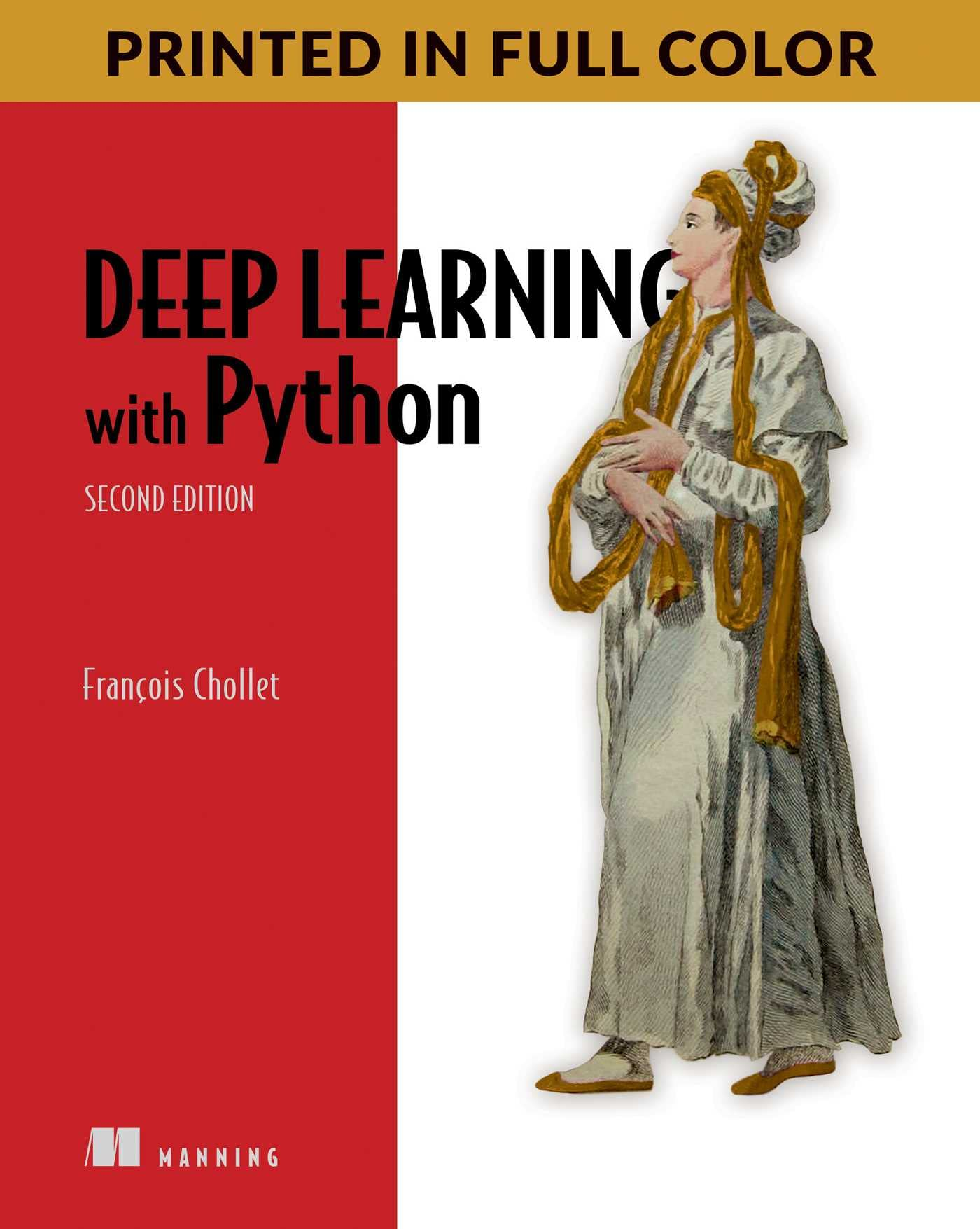
Autor: François Chollet
Ano: Publicado pela primeira vez em 2017; atualizado em 2021
Lançado pela primeira vez em 2017, Deep Learning with Python virou um best-seller rapidinho, e a atualização de outubro de 2021 está cheia de mais insights e técnicas práticas. François Chollet, o criador da famosa estrutura de deep learning Keras, fala sobre o campo do deep learning com dicas para quem tá começando e também para quem já tem experiência em machine learning.
Com um estilo agradável e simples, a segunda edição de Deep Learning com Python traz novas atualizações que refletem os recentes avanços na área. Ao longo das páginas, você vai encontrar explicações fáceis de entender, ilustrações coloridas e exemplos de código baseados em Python, Keras e TensorFlow, que oferecem tudo o que você precisa para começar a aprender sobre deep learning. Você também pode começar a usar o Tensorflow e o Keras conferindo o Deep Learning Python Skill Program no DataCamp.
2. Entendendo o Deep Learning
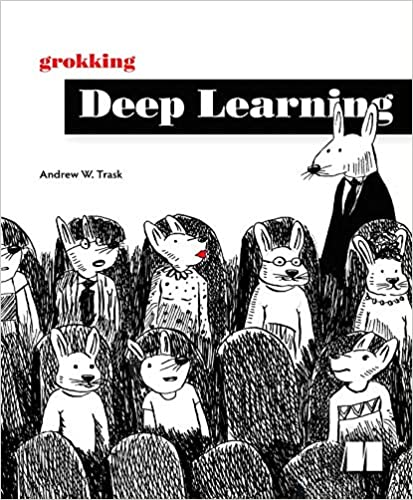
Autor: Andrew W. Trask
Ano: 2019
Grokking Deep Learning oferece uma das introduções mais fáceis para iniciantes ao aprendizado profundo. O livro ensina como construir redes neurais do zero, combinando teoria intuitiva com exemplos de codificação, usando apenas Python e sua popular biblioteca de suporte matemático NumPy.
Cobrindo casos de uso que vão desde o processamento de imagens até a tradução de textos para diferentes idiomas, o livro é um ótimo recurso para começar sua jornada no aprendizado profundo antes de você estar pronto para avançar para estruturas mais complexas.
3. Redes Neurais e Aprendizado Profundo
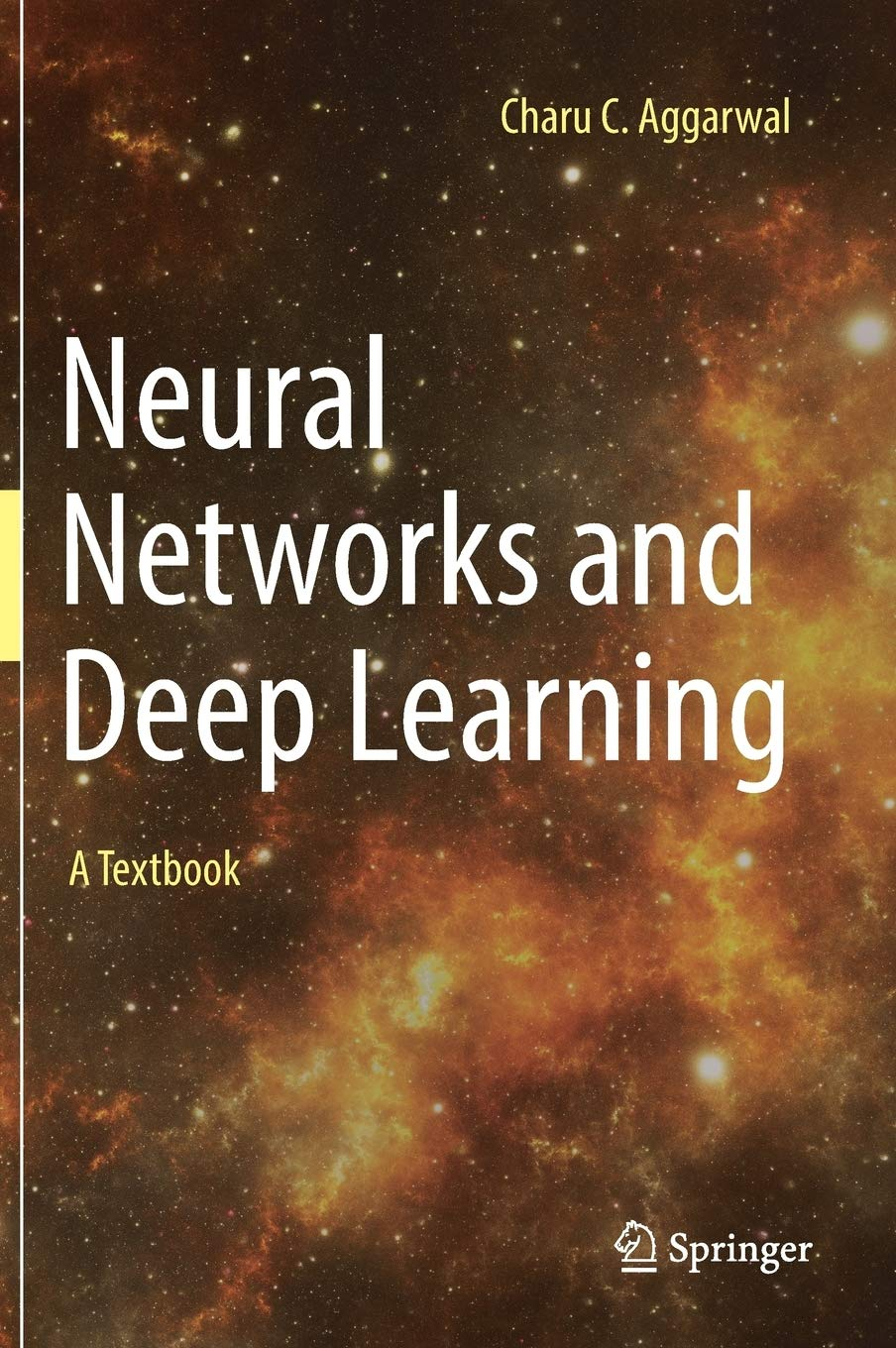
Autor: Charu C. Aggarwal
Ano: 2018
Redes Neurais e Aprendizado Profundo é outro ótimo recurso para quem está dando os primeiros passos no mundo do aprendizado profundo. O livro fala sobre os algoritmos de deep learning mais importantes, com uma mistura equilibrada e fácil de entender de teoria, matemática e exemplos de código Python. Ele fala sobre a relação entre redes neurais e algoritmos tradicionais de machine learning. Especialmente feito para estudantes, o livro é escrito no estilo de um livro didático e inclui exercícios, um manual de soluções e slides para instrutores.
4. Fundamentos do Deep Learning
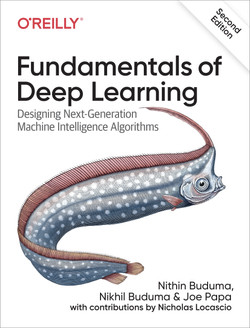
Autores: Nithin Buduma, Nikhil Buduma e Joe Papa
Ano: 2017
Quando as redes neurais começaram a apresentar resultados incríveis na década de 2010, o aprendizado profundo virou a vanguarda da inteligência artificial. Hoje, o aprendizado profundo é uma área de pesquisa bem ativa, impulsionando algumas das aplicações mais inovadoras na ciência de dados. Mas, por causa da complexidade, o aprendizado profundo é visto como uma área só para quem tem PhD em machine learning e matemática. Fundamentos do Deep Learning mostra que não é bem assim.
O livro quer apresentar a disciplina sem usar termos técnicos complicados. Com exemplos práticos de código em Python, o livro vai te mostrar alguns dos casos mais comuns de deep learning, desde processar imagens e analisar textos até criar modelos de aprendizado por reforço.
5. Aprendizado profundo
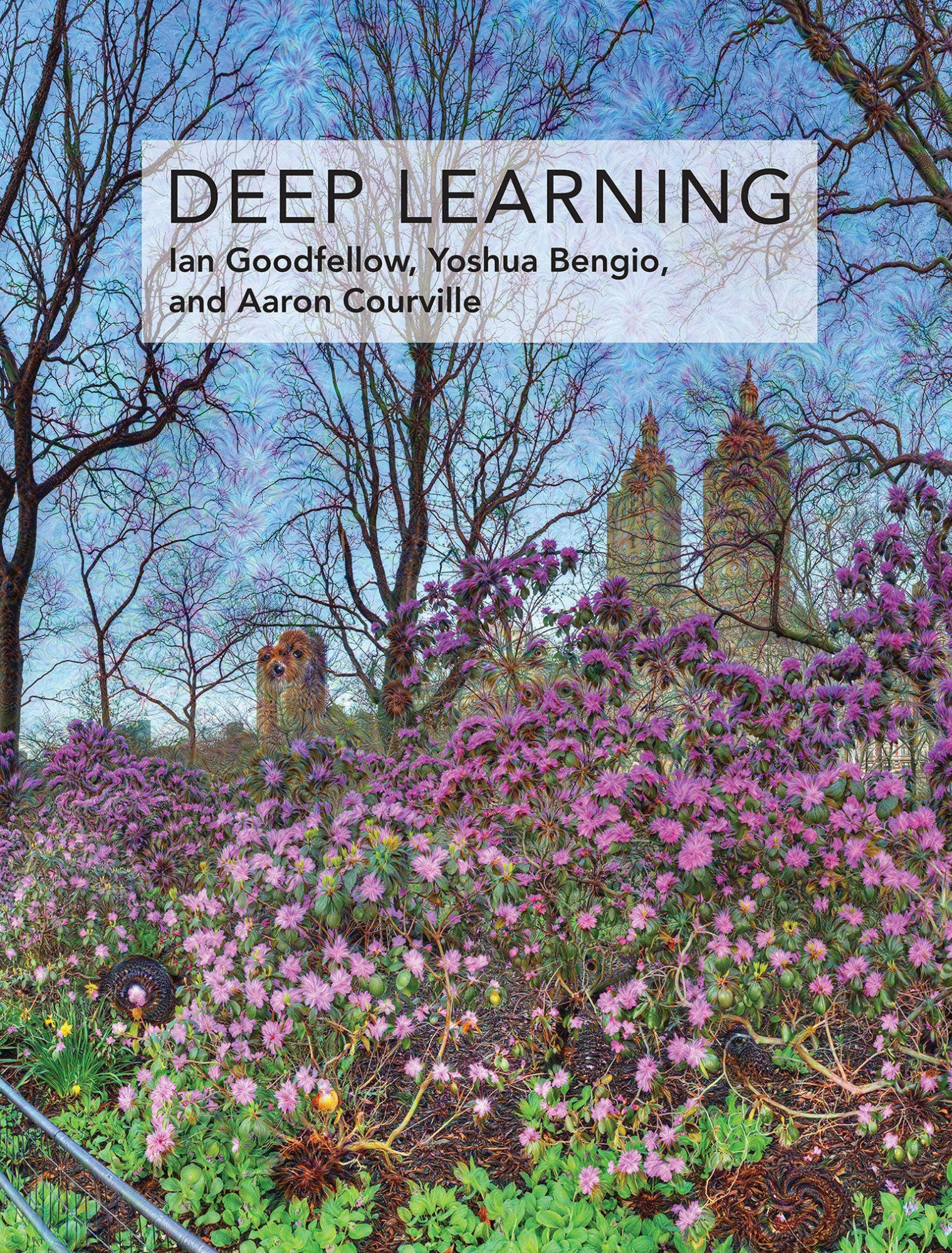
Autores: Ian Goodfellow, Yoshua Bengio e Aaron Courville
Ano: 2016
Qualquer lista de recursos essenciais sobre deep learning estaria incompleta sem este livro. A maioria dos guias de deep learning inclui código e exemplos práticos. Já o livro Deep Learning, de Goodfellow, Bengio e Courville, é totalmente teórico e super acadêmico, sempre aparecendo na lista de referências dos cursos de deep learning nas universidades do mundo todo.
O livro tem como objetivo ajudar estudantes e profissionais a entrar no campo do machine learning em geral e do aprendizado profundo em particular. Ele revisa os conceitos básicos do machine learning, a matemática aplicada necessária para o seu desenvolvimento, algoritmos, técnicas de aprendizado profundo e as tendências atuais de pesquisa nessa área. Você pode até encontrar uma versão online gratuita aqui.
6. Aprendizado profundo do zero
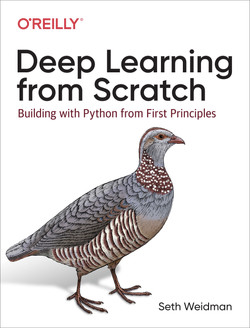
Autor: Seth Weidman
Ano: 2019
Este é o livro perfeito para você, se você é um cientista de dados com experiência em machine learning e quer entrar no mundo do aprendizado profundo. Deep Learning do Zero oferece uma introdução completa ao aprendizado profundo para cientistas de dados e outros profissionais de dados que já estão familiarizados com o machine learning.
Começando pelos fundamentos do aprendizado profundo, o livro passa rapidamente para conceitos avançados, modelos e arquiteturas para o desenvolvimento de redes neurais. O livro é bem desafiador, já que leva o leitor por explicações teóricas, matemáticas e conceituais, mas os resultados são ainda mais gratificantes. O livro também traz vários exemplos usando a famosa estrutura de deep learning PyTorch.
7. Aprendizado profundo: A abordagem de um profissional
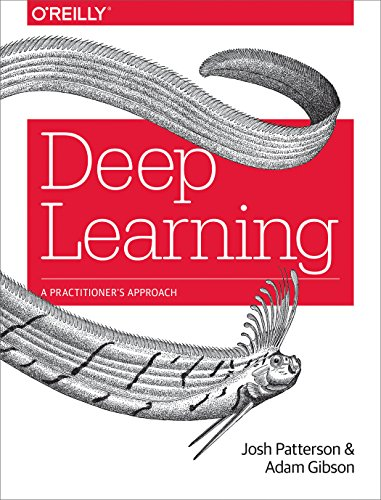
Autores: Josh Patterson e Adam Gibson
Ano: 2017
Um dos maiores desafios que as empresas enfrentam ao lidar com machine learning e aprendizado profundo é desenvolver e implementar modelos escaláveis e fáceis de manter. Aprendizado profundo: A abordagem de um profissional tenta resolver essa questão, resultando em um dos guias mais práticos sobre o assunto. O livro mistura teoria de aprendizado profundo, melhores práticas do setor e vários casos de uso apresentados de um jeito não acadêmico.
É importante notar que o livro inclui exemplos de código implementados em DL4J, a estrutura de código aberto dos autores para desenvolver fluxos de trabalho de deep learning de nível profissional. Como o DL4J roda na Máquina Virtual Java, o livro é uma ótima chance de experimentar as possibilidades do Java para o aprendizado profundo.
8. Aprendizado profundo para programadores com fastai e PyTorch
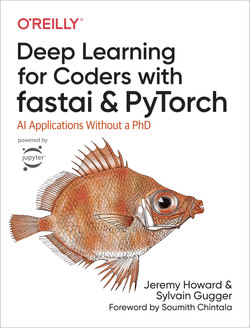
Autores: Jeremy Howard e Sylvain Gugger
Ano: 2020
O aprendizado profundo não é só uma área que tá evoluindo rápido, mas também tá ficando mais acessível. Graças ao desenvolvimento de bibliotecas e interfaces intuitivas e fáceis de usar, não é mais necessário ter um doutorado em matemática ou ciência da computação para trabalhar com deep learning.
Uma dessas ferramentas é o fastai, a primeira biblioteca a oferecer uma interface consistente para as aplicações de deep learning mais usadas. Deep Learning para Programadores com fastai e PyTorch é um guia prático para desenvolver modelos de deep learning com poucos conhecimentos matemáticos, pequenas quantidades de dados e código mínimo. Além dos exemplos de codificação, o livro também aborda a teoria do aprendizado profundo, que vai te ajudar a entender a ciência por trás das redes neurais.
9. Deep Learning Ilustrado
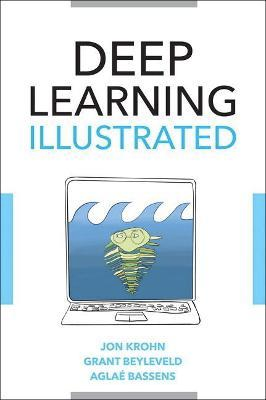
Autores: Jon Krohn, Grant Beyleveld e Aglaé Bassens
Ano: 2019
Uma imagem vale mais que mil palavras. Essa é a ideia por trás do Deep Learning Illustrated, um recurso único para aprender as técnicas e aplicações do aprendizado profundo usando representações visuais intuitivas.
Repleto de ilustrações coloridas e narrativas focadas nos personagens, o livro abstrai grande parte da complexidade da disciplina, tornando-a acessível a um público mais amplo. O jargão técnico é mínimo e as aplicações são apoiadas por Jupyter Notebooks práticos com código Python. O livro apresenta algumas das estruturas de deep learning mais populares, incluindo TensorFlow, Keras e PyTorch.
10. Machine learning prático com Scikit-Learn, Keras e Tensorflow
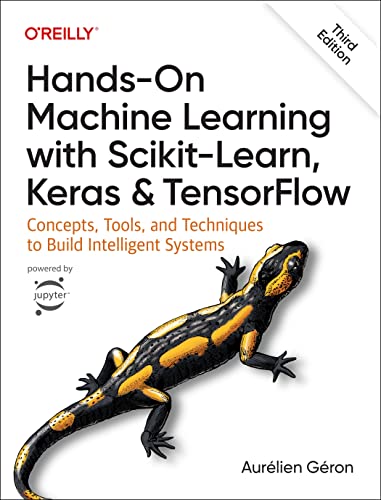
Autor: Aurélien Géron
Year: Última edição 2019
O livro oferece um guia prático sobre deep learning para iniciantes. O Hands-on Machine Learning usa frameworks Python como Scikit-Learn e TensorFlow para ensinar como desenvolver programas de machine learning. Você vai aprender várias técnicas, desde a regressão linear simples até redes neurais profundas complexas, com exercícios práticos em cada capítulo. No final do livro, você vai conseguir construir e dimensionar redes neurais profundas.
Livros sobre Deep Learning em R
Também tem ótimas opções para quem programa em R:
11. Aprendizado profundo com R
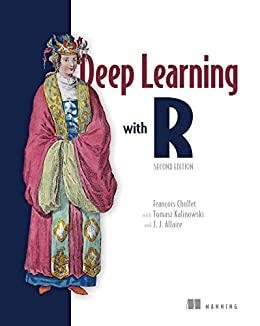
Autores: François Chollet, Tomasz Kalinowski, and J. J. Allaire
Ano: 2018 (2ª edição 2022)
Embora o Python seja frequentemente citado como a linguagem preferida para o aprendizado profundo, a linguagem de programação R também oferece recursos para construir redes neurais poderosas. Deep Learning com R é baseado no best-seller Deep Learning com Python, de François Chollet. O especialista em deep learning Tomasz Kalinowski fez um excelente trabalho ao traduzir o código e os exemplos para a linguagem R. Assim como o livro sobre Python, Deep Learning com R é uma ótima fonte de referência tanto para quem tá começando quanto para quem já tem experiência em machine learning.
12. Aprendizado profundo e computação científica com R torch
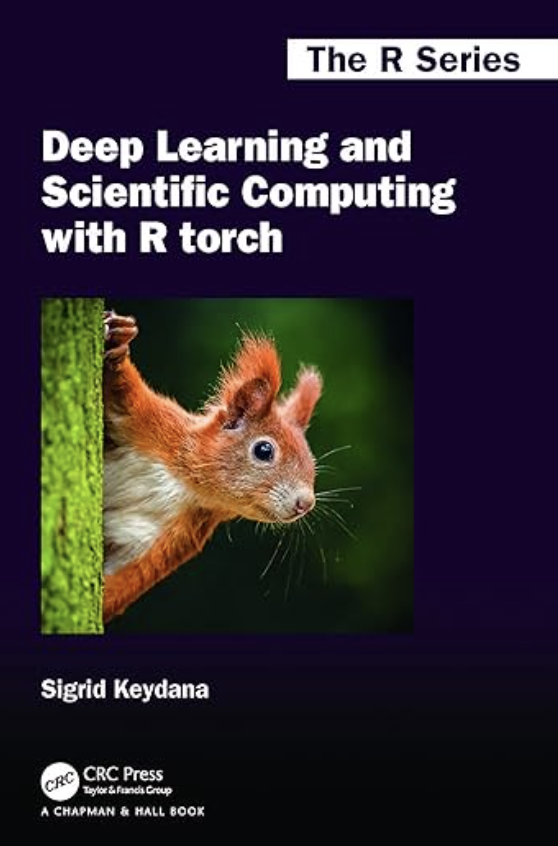
torch pacote. Ele foi feito mesmo para programadores R que querem usar redes neurais aceleradas por GPU direto no R, em vez de usar Python e PyTorch.Saiba mais sobre Deep Learning
O aprendizado profundo é uma parte importante do kit de ferramentas da ciência de dados. Aprender isso é uma jogada inteligente para impulsionar suas perspectivas de carreira e criar aplicativos interessantes. Os livros são ótimos recursos para começar ou se tornar um especialista em aprendizado profundo, mas você também deve pensar em outras maneiras de aprender. Dá uma olhada nos recursos a seguir para começar sua jornada no aprendizado profundo.
- Nosso catálogo de cursos com mais de 380 cursos de ciência de dados que abrangem programação, machine learning, aprendizado profundo e muito mais.
- Dá uma olhada no nosso artigo com os melhores livros sobre machine learning.
- Dá uma olhada nos nossos Tutoriais de Machine Learning
- Inscreva-se no podcast DataFramed
- Dá uma olhada na nossa Folha de Referência sobre machine learning

